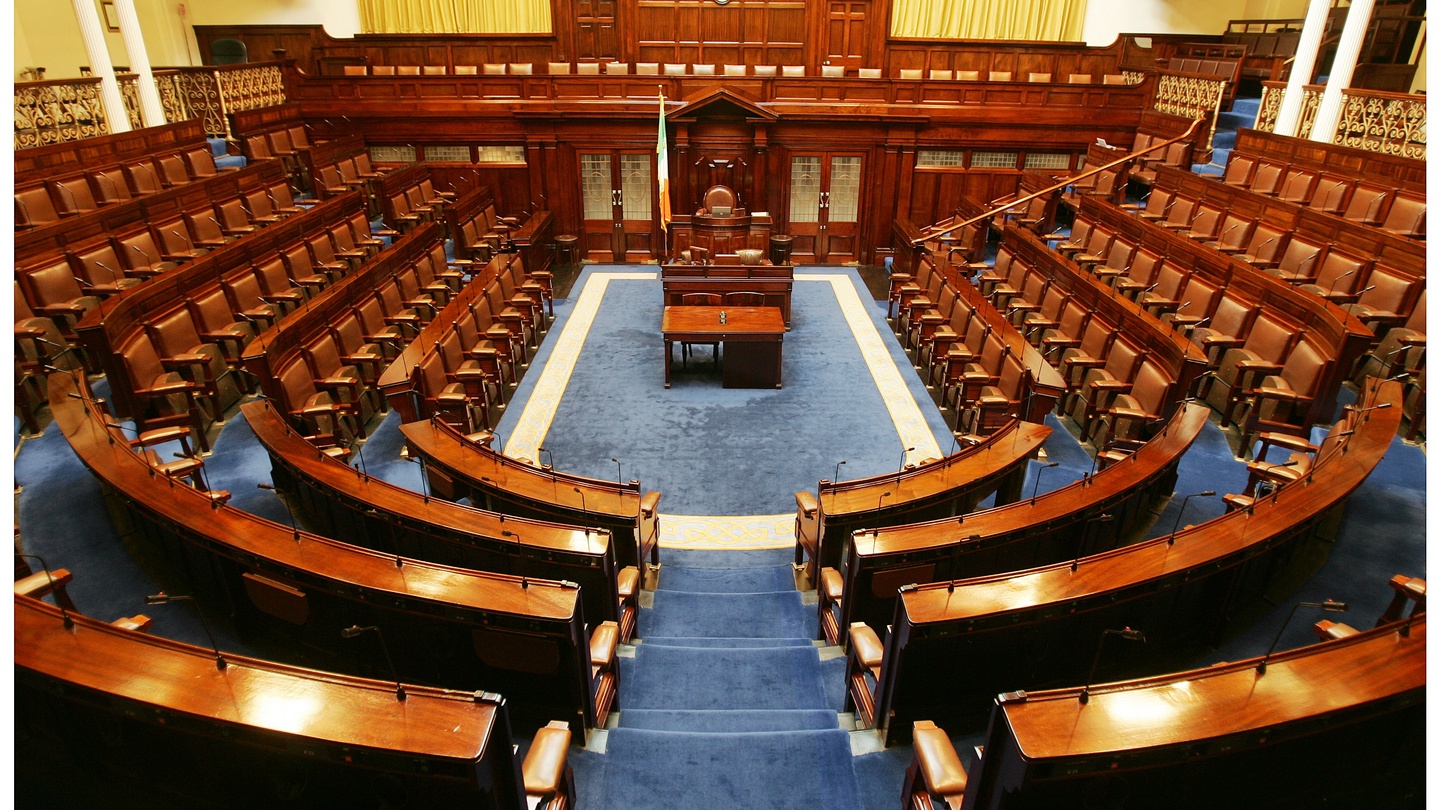Sinn Féin are calling for the student contribution charge to be reduced by €500, among other changes to Ireland’s current economic policies and systems, outlined in their alternative budget, published today.
Sinn Féin stated that the student contribution costs are “pricing some out of education” and that lowering the charge was a clear solution to the problem of cost-prohibitive education. Sinn Féin said that “the economic, employment and research impact of higher education is to the benefit of the whole of society, not just students and graduates”.
The party’s alternative budget also recommended that €1m be allocated to providing 40 higher education places to people who have come through the direct provision system, alongside a Discretionary Assistance Fund.
They are also calling for the increased funding of the Student Assistance Fund and the Scheme for Students with Disabilities by 20%, stating that increased rent, fees, and travel costs have put financial hardships on many students. Such an implementation would cost €3.7 million.
An additional 500 places within the Momentum Scheme, specifically for young people receiving Disability Allowance is also proposed. They believe that this would provide training and education for job seekers within growing sectors of the economy.
USI also recommended that the government reduce the Student Contribution Charge and eliminate Apprenticeship fees. It called on the government to allocate €14.9m towards increasing grant allocations through Student Universal Support Ireland (SUSI).
Speaking at the launch of the proposal today, Sinn Féin Finance Spokesperson Pearse Doherty TD said that budget 2019 “offers the government an opportunity to begin the process of tackling the exorbitant cost of living in this state and to introduce the policies that will start to turn the tide on the health and housing crisis”.
In 2016, the Cassells Report outlined several ways higher education in Ireland could potentially be funded in the future. An expert group considered three options. One involving student loans, while dismantling the fee-based system, and repayment based on the income of the graduate. The second option was to make higher-level education free at the point of access, raising raise the necessary funding required from the state from the current level of 64% to 80%. A third option was “free” education, meaning an entirely state-funded system.
Responding to the Cassells Report in their 2018 Alternative Budget, Sinn Féin seeks to lower the student to staff ratio in Institutes of Technology from 23:1 by one point. Increasing funding for Higher Education Institutions overall is mentioned, citing a 20% drop in funding per student since 2008. They also called for an immediate increase of €9.6m to the core grant funding of HEA institutions, as well as a 20% increase in funding over the next ten years.






